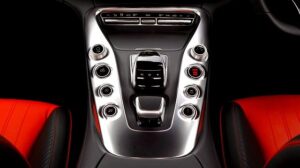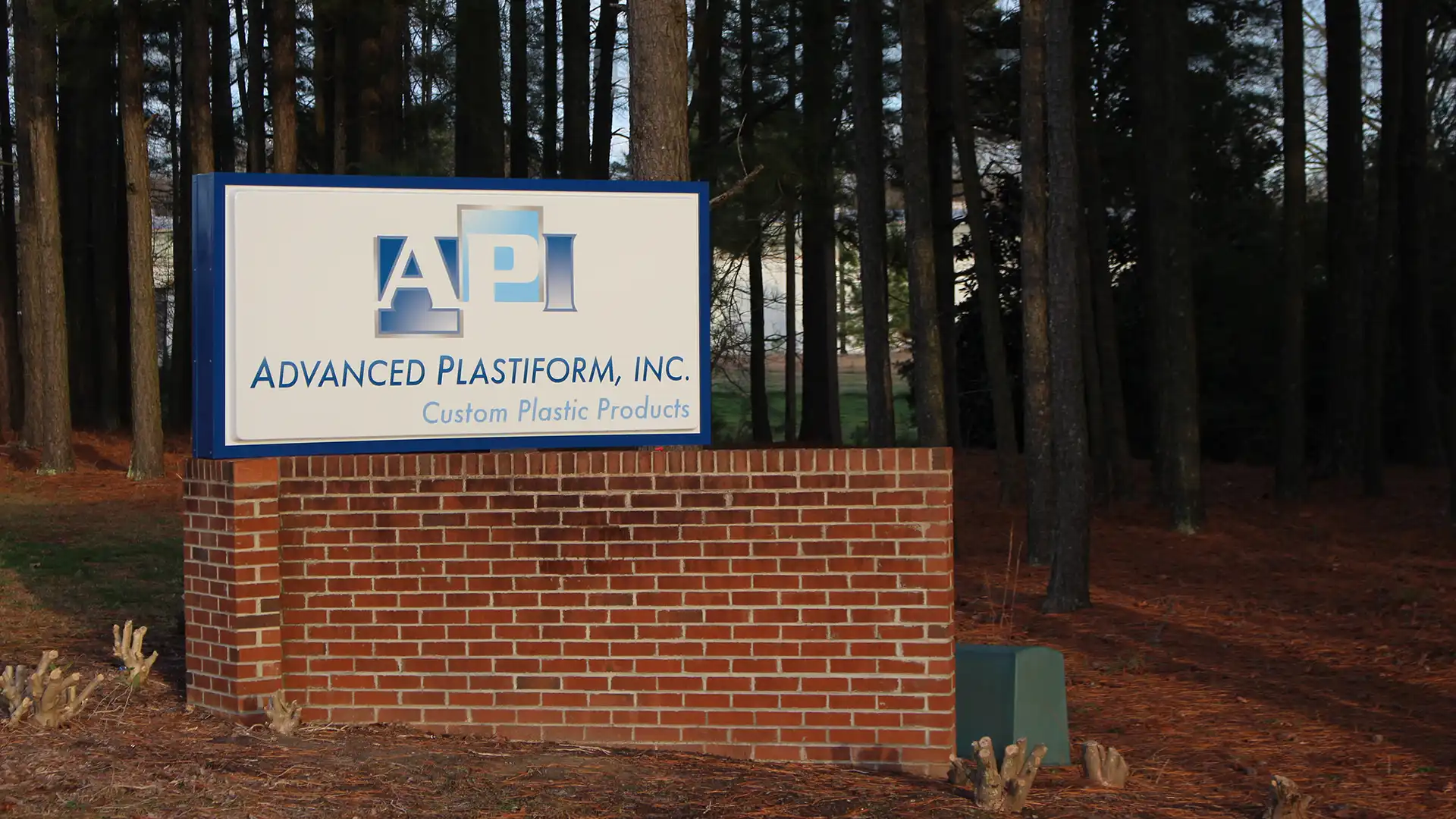We are sharing where plastics are used in a vehicle's powertrain and why they're a…
4 Manufacturing Plastics Used in the Automotive Industry
The past few decades have seen a shift in automotive manufacturing, transitioning from metal and steel to molded plastic components, parts, and products. Our automotive thermoforming company in North Carolina is sharing why plastic in cars is more prevalent in vehicles today and the four most common plastics used in car manufacturing.
Why Are Plastics Used in Car Manufacturing?

Most people would say that steel and metal are being replaced in vehicles to lower costs, and that does play a role. Plastics are much less expensive to source and manufacture than metal. However, there are several other benefits to manufacturing pieces for plastic in cars.
Fuel Efficiency
Plastic in cars are significantly lighter than metal, and when the vehicle is lighter, it uses less fuel. Even though plastics make up around 50 percent of a car's volume, it only makes up about 10 percent of its weight. This can cut down on gas by a significant amount, reducing both the consumer's expenses as well as their greenhouse gas emissions.
Improved Design
Because polymers tend to be easy to shape, form, and mold, they open up design options that were limited when metal was used. Lighter batteries, new forms of power, and even dent-resistant panels are all possible when using plastics in car manufacturing while UV filters, seat shape, and steering wheel grips make the ride more comfortable.
Safety
From polyester fibers in seatbelts to high-density polyethylene used to make fuel tanks, plastic in cars makes vehicles safer. Specifically, plastics absorb impact to reduce the risk of injury in an accident, minimize the risk of essential parts corroding, and cover your windshield to stop projectiles from shattering the glass.
4 Most Common Plastics in Car Manufacturing
Now that you have a better understanding of why plastics are used in cars now more than ever, let's look at the most common materials and how they are used.
Polypropylene
Polypropylene is the second most widely used plastic in the world and offers unmatched versatility. It has a high melting point, is resistant to water, chemicals, and electrical connectivity, and is incredibly flexible, making it ideal for a wide variety of uses.
In cars, you'll find polypropylene in:
- Vehicle carpeting
- Seat upholstery
- Cable and wire insulation
- Bumpers
Acrylonitrile Butadiene Styrene
Acrylonitrile butadiene styrene (ABS) is very hard, tough, and rigid, making it incredibly resistant to impact. It is also heat and water resistant, so it's nearly unmatched in its durability.
ABS is a plastic used in car manufacturing to make:
- Dashboards
- Wheel covers
- Car door interiors
Polycarbonate
Polycarbonate is another polymer that is incredibly resistant to impact, and it stands up to UV rays, water, heat, and cold, making it weather resistant. Polycarbonate is transparent, impact-resistant, and is often used to make headlight covers as well as car bumpers.
Polyvinyl Chloride
Polyvinyl chloride is a rigid, brittle material, but plasticizers and phthalates can be added to soften it. It's the most widely used plastic in car manufacturing because 1.) it's so versatile and offers flame resistance, thermal stability, and minimal conductivity, and 2.) it is an inexpensive material with a low melting point that makes it easy to mold and shape through either thermoforming or injection molding.
PVC is often used in place of other materials, like ABS or polypropylene, and comprises:
- Dashboards
- Bumpers
- Cable and wire covers
- Radio and infotainment consoles
Request a Free Quote for Plastics Used in Car Manufacturing
At Advanced Plastiform, Inc., we specialize in manufacturing car parts and components for automobile manufacturers and third-party suppliers, offering competitive pricing and reasonable lead times. We work with customers across the Southeast and Mid-Atlantic, including North Carolina, South Carolina, Pennsylvania, Maryland, Tennessee, Georgia, and Virginia.
Contact us today to learn more about our custom plastic manufacturing capabilities for automobiles by calling us today at 919-404-2080 or filling out our contact form to get started.

